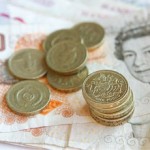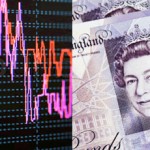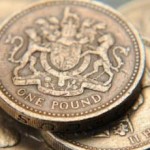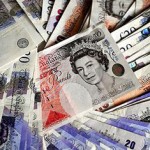Sterling falls back below $1.25
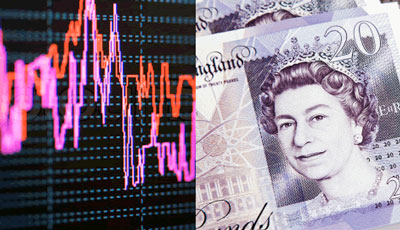
Sterling falls back below $1.25 after UK inflation fell in October – pushed down by tuition fees and clothes
So much for the Trump rally. The pound fell back below $1.25 this morning, after figures from the Office for National Statistics (ONS) showed prices rose 0.9 per cent in October – missing expectations.
Figures from the ONS showed the consumer prices index (CPI) had been pushed down by clothing prices and tuition fees.
Meanwhile, transport and furniture put upward pressure on the figure, with transport prices rising 0.15 per cent, while furniture rose 0.09 per cent.
Economists had expected the weaker pound to lead to a rise of 1.1 per cent, from September’s one per cent.
Today’s figure caused the pound to fall 0.5 per cent against the dollar, to $1.2422, and almost 1.2 per cent against the euro, to €1.1498.
On-target?
Tom Stevenson, investment director for personal investing at Fidelity International, pointed out that prices were rising faster than any time since late 2014 – suggesting we’re on course to breeze past the Bank of England’s target of two per cent sometime next year.
“Consumers can expect UK inflation to continue rising into next year as the impact of the pound’s slide continues to be felt. The conventional wisdom is that the Bank of England’s two per cent inflation target will be left behind in 2017.
“Higher inflation means the pound in your pocket won’t stretch as far and many will be thinking how they can make their money work harder.
“There is little evidence so far that rising inflation will translate into higher interest rates, so anyone with savings still sitting in cash will struggle to generate real returns,” he added.
Samuel Tombs, chief UK economist, added:
“CPI inflation remains set to make big strides towards the two per cent target over the next three months, as the anniversary of sharp falls in motor fuel and food prices is reached.
“Thereafter, sterling’s depreciation will begin to push inflation up sharply, utility companies will respond to the recent rise in wholesale energy prices by lifting consumer tariffs, and services inflation likely will continue to grind higher as firms grapple with big increases in minimum wages and non-wage labour costs.
“As a result, we still expect CPI inflation to peak at about 3.5 per cent by the end of 2017, crippling consumers and preventing the MPC from announcing more stimulus.”









